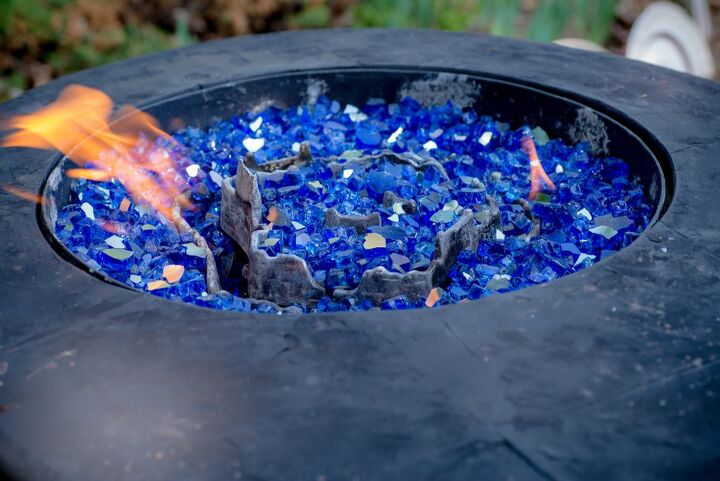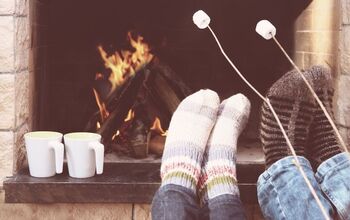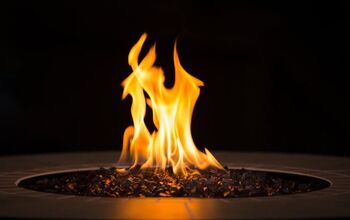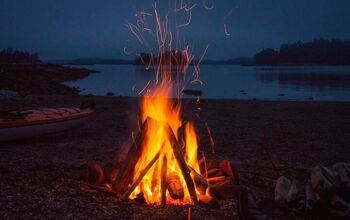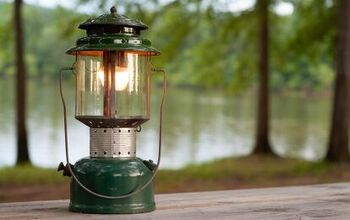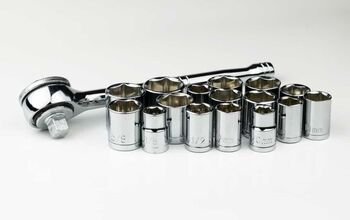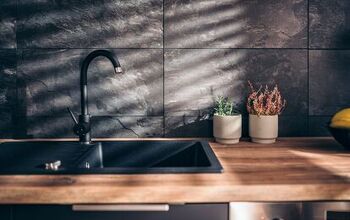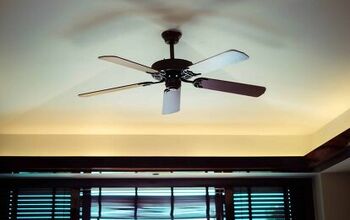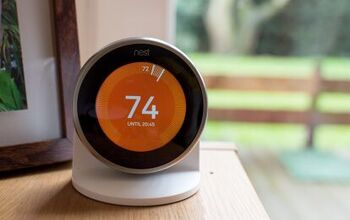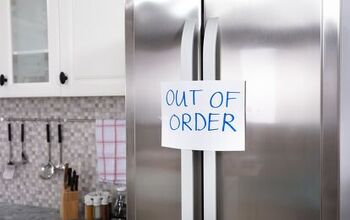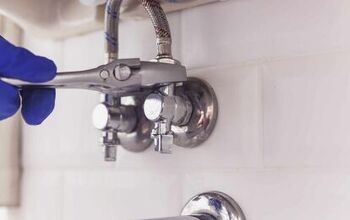Can You Use A Propane Fire Pit Indoors? (Find Out Now!)

Propane is one of the most popular among all fuel and gas sources, and for good reason. In addition to providing a controlled and odorless heat, it is also an affordable and relatively long-lasting fuel source. People cook on propane stoves, use propane heaters, and there are many propane stoves and heaters that are completely safe to use inside. Propane is even used for fire pits. That, of course, begs the question can you use a propane fire pit indoors?
Simply put, you should never use a propane fire pit indoors. Not only does use of a propane fire pit indoors pose the risk of fire, but also carbon monoxide poisoning. In addition to these concerns, there is the danger of not shutting off or completely shutting off the gas. As these dangerous by-products of propane are also colorless and odorless that threat is considerably more viable as well.
Yes, propane is used everywhere and for many purposes. The dangers of using propane, as with any gas, however, can have serious consequences. Today, there are many propane-fueled products that are safe for indoor use due to advances in ventilation and burning processes. When it comes to propane fire pits though, there is no safe option for using one inside an enclosed area of any nature.
Do You Need Brick and Stone Patio Installers?
Get free, zero-commitment quotes from pro contractors near you.

Dangers of Using a Propane Fire Pit Indoors
Here are the primary concerns and reasons for not using a propane fire pit indoors. Failing to respect the dangers posed by any gas is an unwise decision, and with propane gas like any other, those consequences can even be devastating.
Propane By-Products
Propane gas is classified as non-toxic, sometimes giving it a safer-than-it-is impression. The truth, however, is that like every gas, propane emits by-products. Namely, the most dangerous of those is the aforementioned carbon monoxide gas.
One factor that makes burning a propane fire pit indoors so dangerous is the way these gases work. Propane gas displaces oxygen and acts as an asphyxiate. Inhalation hazards and carbon monoxide poisoning are just a few of the risks involved with using a propane fire pit indoors.
While these are very real threats, when a propane fire pit is used improperly or in an enclosed area, there are other concerns too. Propane itself is dangerous even when it isn’t burning.
Propane Handling Risks
Another concern with using propane is the actual handling of this gas. Propane is sold everywhere and comes in a wide variety of container sizes. Regardless of the size of the tank or the amount of propane being handled, this gas can pose severe handling risks.
From transport to filling and any time a propane tank is handled, caution needs to be taken to avoid contact. Due to the fact that liquid propane acts as an excellent refrigerant, it presents a serious burn risk. When contact is made with the skin, propane can result in severe burns as it can quickly absorb our skin’s heat.
The Undetected Threat of Propane Gas
As it was discussed earlier, propane gas emits carbon monoxide when burned. The results of carbon monoxide poisoning as a result of this dangerous by-product going undetected can be fatal. Also, without a good carbon monoxide detector, there is no way of knowing until it is too late.
While all of these dangers of using propane indoors can sound frightening, it doesn’t mean that all propane-fueled products are dangerous to use indoors. It is true, the improper use of any gas-fueled device can be a grave error, but when used correctly and safely propane gas is a proven and valuable commodity.
What Type of Propane Gas Products are Safe to Use Indoors?
Although there are no propane fire pits that are deemed safe for indoor use, that doesn’t mean that propane can’t be used inside. In fact, there are now many propane-fueled products in use that are safe to use indoors.
Propane Heaters
Today, many propane heaters have been approved for use indoors. These types of heaters are generally used to heat smaller spaces. Any time a propane heater is being used is always necessary to ensure there is proper ventilation and airflow. Even with propane heaters that are safe and approved for indoor use, the same safety guidelines apply as with any gas.
It is also important to remember to double-check and make certain that gas has been shut off when not in use. When used correctly, these heaters are a great option to combat drafts, and for smaller spaces like garages.
Propane Stoves
There are more propane stoves in use today than ever before, and now people are even cooking with propane indoors. Propane gas stoves are revered for producing even heat and offering excellent temperature control. And when propane stoves that have been made safe for indoor use are operated correctly, they are a great addition to any home, RV, or indoor cooking area.
As propane gas continues to be a popular gas alternative for many reasons, it is that much more important to remember the dangers associated with gases. There are many benefits to using gas, and using propane is an affordable alternative. And as long as we remember to be smart and follow the rules of safe gas usage, it will provide all the heat we need.
Do You Need Brick and Stone Patio Installers?
Get free, zero-commitment quotes from pro contractors near you.

The Many Uses of Propane
There are reportedly more than 12 million homes in the US that use propane gas. That also speaks to the unique versatility of this clean-burning fuel alternative. Propane gas is used to offer a range of household conveniences such as heating water, fueling fireplaces, and heating pools and spas.
Today, many people also use propane as a backup, so when the lights go out. they won’t be left in the dark as a result of propane generators. Yes, propane is definitely worth having and using, but it also deserves our respect as well as our admiration.
Related Questions

We are a team of passionate homeowners, home improvement pros, and DIY enthusiasts who enjoy sharing home improvement, housekeeping, decorating, and more with other homeowners! Whether you're looking for a step-by-step guide on fixing an appliance or the cost of installing a fence, we've here to help.
More by Upgraded Home Team



